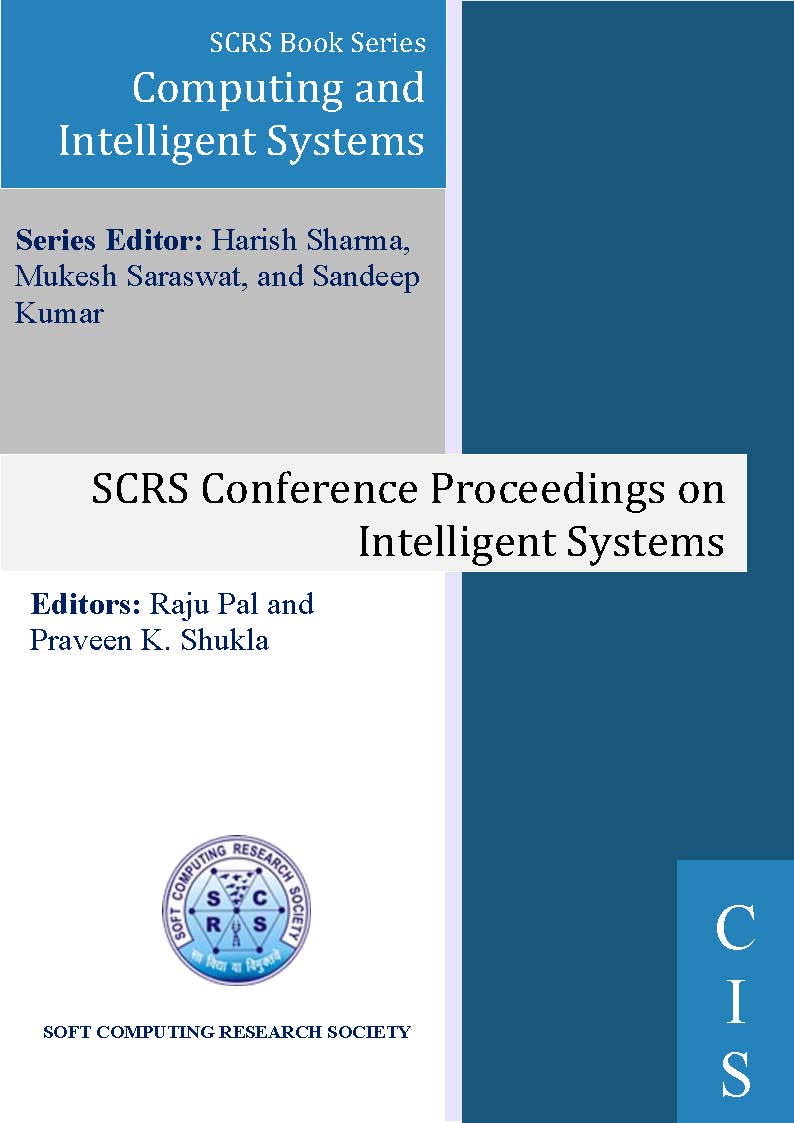
A Comprehensive Study on Relation Between Hodgkin-Huxley Model and Brain-Disorder Disease
Authors: Shruti Gupta, Kaushal Kumar and Jyotsna Singh
Publishing Date: 10-04-2023
ISBN: 978-81-955020-5-9
Abstract
The current study deals with the effect of Alzheimer’s disease on human beings by using the Hodgkin–Huxley model. We review results on Alzheimer’s disease by using the Hodgkin–Huxley model and comparison with other different models for peoples of varying age groups. Towards consideration of the present situation of numerical representations in favor of the worldwide stretch of communicable illnesses, the literature is being reviewed stressing the ordinary approaches and highquality rehearsal and identifying research gaps. Here, the papers displayed inside this compilation, affirming the collision to representation positioned revisions include inside this thrilling part of the study. This study also focused on the function of different ions within Alzheimer’s disease. It was concluded that Alzheimer’s disease was found in old-age persons as compared to young or teenagers. Also, Sodium, potassium, and calcium ion are responsible highly and copper, magnesium and Amyloid ? Peptide ion are the least responsible for this disease.
Keywords
Alzheimer’s disease, Hodgkin Huxley model, Amyloid plaques, neurodegeneration, Calcium Ions, Sodium Ions, and potassium ions
Cite as
Shruti Gupta, Kaushal Kumar and Jyotsna Singh, "A Comprehensive Study on Relation Between Hodgkin-Huxley Model and Brain-Disorder Disease", In: Saroj Hiranwal and Garima Mathur (eds), Artificial Intelligence and Communication Technologies, SCRS, India, 2023, pp. 1039-1051. https://doi.org/10.52458/978-81-955020-5-9-99